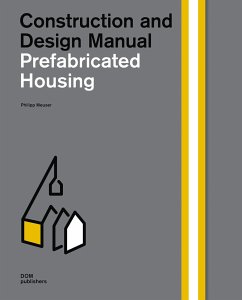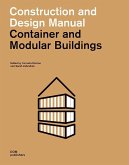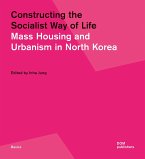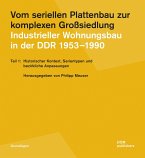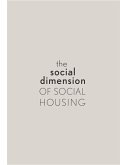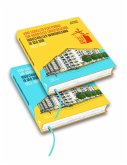Prefabricated housing, often associated with blighted urban landscapes and monotonous grey boxes, has evolved into an approach to housing with a wealth of aesthetic and structural possibilities. Modern methods of constructing and assembling prefabricated buildings - methods that can be traced back to the 19th century - are going through a renaissance. This is true across the world, from Vancouver and New York to London and Berlin through to Astana and Singapore. Moreover, prefabrication now serves a wider range of purposes than ever before. In Moscow, Europe's largest metropolitan area, it is primarily used as a means to provide affordable homes. But in some countries, prefabrication is surprisingly also used to build exclusive, upmarket properties. This construction and design manual presents a range of different production and assembly methods currently used in the field of prefabricated housing. It particularly focuses on efficiency, sustainability, and market relevance, and presents strategies for organising processes along with best-practice examples that reflect the latest trends. The manual also explores the historical development of prefabricated housing in order to discover its full architectural potential. Finally, it outlines ten design parameters for prefabricated housing and presents 15 noteworthy examples, making a fresh contribution to the debate on affordable housing today.

